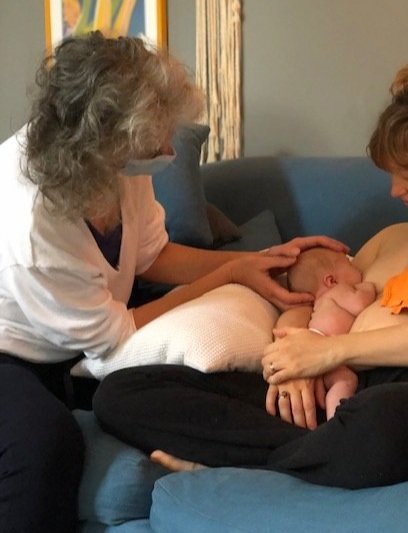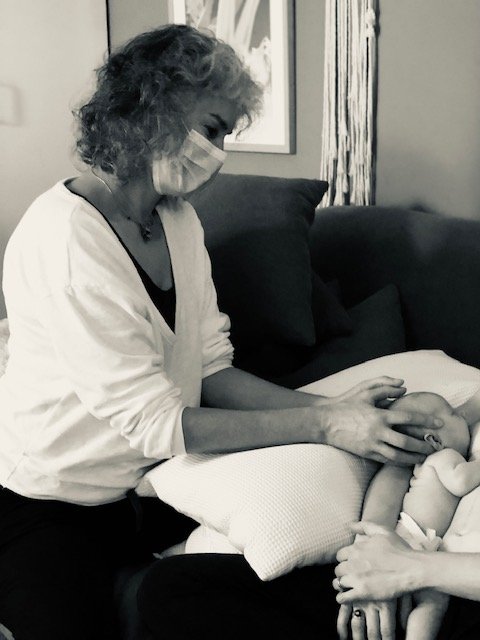The powerful emotions and forces involved in birth,
have an impact on our bodies, and our perception of ourselves.
Working on busy postnatal wards, I became increasingly aware of the impact that pregnancy and birth can have on the parent and baby, particularly with regards to feeding and innate newborn behaviour.
The way a baby is held in utero along with their birth, can create strain patterns and compressions from external forces which may bring challenges.
This realisation led me to investigate the effects of craniosacral therapy, on both the birthing parent and the baby. I began to explore how this gentle treatment can help with transitions and the stresses that pregnancy and birth can bring.
We are made up of many sensitive bodily systems - skin, fascia, tissues, organs, blood vessels, nerves and more.
A baby’s complex feeding sequence for example, involves the function of 6 cranial nerves, 6 cervical nerves and several thoracic nerves. These coordinate 31 muscles in the lips, cheeks, tongue, jaw and soft palate. A strain held, can leave disorganisation in another part of the body, and compromise its function.







Craniosacral therapy, comes from a branch of osteopathy that believes form follows function.
So a restriction or strain in one part of the body, will likely effect another. Practitioners use a gentle, non-invasive touch to listen for, and engage with, expressions of health in the system. It can support nervous system regulation, and help allow the resolution of conditions from stress and trauma.
Parents commonly bring their baby for craniosacral therapy in the first weeks following birth. This can help support:
establishing and supporting feeding
tongue tie
challenges with colic, reflux and digestion
torticollis or structual issues
irritability and difficulty settling
developing good sleep patterns
bonding with parents and siblings
It is a gentle, non-invasive approach to healing, and an ideal approach for babies.
It involves very light touch to help release tension in the body, to relieve pain and dysfunction, and improve whole body health.
Babies have an immature nervous system, and rely on their parent(s) to help them regulate this. As they are so connected, it’s a good idea for parents to have a treatment too.
A combined session synchronises both nervous systems, helping to speed up a baby’s healing and supporting the parents to integrate their own birth experience.
CST works well alongside conventional treatment, and is in no way intended to replace a medical diagnosis and approach.
-
Sessions unfold depending on your baby and how they are. Treatment can take place with them in your arms, feeding or lying on a cushion. If they are asleep, and you are having a combined treatment, you can go first. If baby is awake, CST treatment may settle them to sleep so you can have a treatment afterwards. Often you can both be treated together.
Flexibility is always required when working with babies and children, and they can also be treated while playing together on the floor.
-
Craniosacral therapists study cranial work exclusively. Most craniosacral therapy courses last at least one year. Cranial osteopaths train initially in osteopathy, a more mechanical approach, and then go on do postgraduate training in cranial work of variable length.
-
The CSTA sets the highest UK standards of training and ongoing development for its practitioners. These include: the length and scope of the initial training; requirements for continuing professional development and supervision; being bound by our Code of Ethics and Standards of Practice; keeping up-to-date with legal obligations. As a regulatory body, adherence to these standards is backed up by our complaints process.
If a therapist is registered they will have the letters RCST after their name.
I am a trained registered practitioner in biodynamic craniosacral therapy BCST and regularly update my training and attend supervision.
-
£85 Home visit for baby 60mins
£150 Home visit for mother and baby 90mins
£45 Low cost mother and baby clinic 45mins


